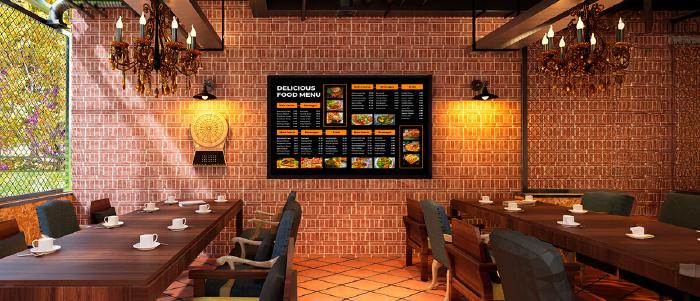
Dec 4 2024
7 min read

People are busy. People have places to go.
The QSR industry has picked up pace in the past few decades due to lifestyle changes and the demand for quick serving options on the go. McDonalds , Taco Bell, and wendys are just a few big names in the QSR industry.
When it comes to dining, customer experience is the differentiator. But what is a QSR experience? With a sea of QSR chains opening across the world, what makes a QSR experience different?
Let us find out the answers to these questions in the coming sections. Up ahead, we’ll delve into what makes a QSR experience good and how digital signage can upgrade that experience.
A QSR (Quick Service Restaurant) experience refers to the overall customer experience in a fast-food or fast-casual dining environment. This type of restaurant is characterized by its focus on quick service, convenience, and typically, a more casual dining atmosphere compared to full-service restaurants.
One of the most defining features of a QSR is the quickness with which orders are taken and food is prepared and served. QSRs are often chosen for their convenience.
Try For FreeNow that we know that a QSR experience is different from a dining experience, how do we make a QSR experience memorable for the customers to keep coming back? Here are a few things to keep in mind:
In the QSR industry, speed and efficiency are not just operational goals; they are the cornerstone of customer satisfaction. The ability to serve quality food quickly directly impacts a restaurant’s reputation and profitability.
In a fast-paced world, customers often choose QSRs for their convenience and speed, especially when they are short on time.
Some ways to improve this efficiency include:
Optimizing kitchen layouts and operational workflows can significantly reduce food preparation time. This includes organizing workstations efficiently and training staff for multitasking.
Implementing order management systems, digital point-of-sale (POS) systems, and kitchen display systems can speed up order processing and reduce human error. Online ordering and mobile apps also streamline the ordering process.
Regular training ensures staff are efficient and can handle peak hour pressures effectively. This includes training on new technologies and customer service protocols.
Must read: How fast food digital signage helps in business growth
Quality and consistency in food are vital in building and maintaining customer trust and loyalty. In a competitive market, the ability to offer consistently good food can set a QSR apart.
A Few tips for ensuring food quality:
Establishing strong relationships with reliable suppliers ensures the regular delivery of high-quality ingredients.
Consistent food quality can be maintained through standardized recipes and cooking procedures.
Implementing routine checks and balances at various stages of food preparation helps maintain quality standards.
Well-trained kitchen staff who understand the importance of quality and consistency are crucial in delivering the same level of food quality consistently.

Cleanliness and hygiene in QSRs are critical, not just for meeting regulatory standards but also for influencing customer perceptions and ensuring their health and safety.
A clean and hygienic environment positively impacts customer perceptions, making them more likely to return and recommend the QSR to others.
Best practices for maintaining high standards:
Implementing strict cleaning schedules ensures all areas of the restaurant are consistently clean.
Employees should be trained in proper hygiene practices, including regular hand washing and safe food handling.
Conducting regular hygiene audits helps in identifying and addressing any hygiene issues promptly.
Engaging with customers and personalizing their experience can significantly enhance their satisfaction and loyalty. Personalized service, feedback mechanisms, and social media interactions can create a more memorable dining experience.
Ways to personalize the customer experience:
Implementing loyalty programs that reward repeat customers can encourage return visits.
Using customer data to send personalized offers and promotions based on their preferences and past orders.
Also read: Unique cafe name ideas for your business
The adoption of innovative ordering and payment technologies is reshaping the QSR experience, making it more convenient and efficient.
Mobile apps allow customers to order and pay in advance, reducing wait times. These provide a quick and secure way to pay, enhancing the customer experience.
Benefits for customers and businesses
For customers, these technologies offer convenience, speed, and a contact less experience, which is particularly appealing in the post-pandemic world.
For businesses, they streamline operations, reduce errors, and gather valuable customer data for targeted marketing and improved service offerings.
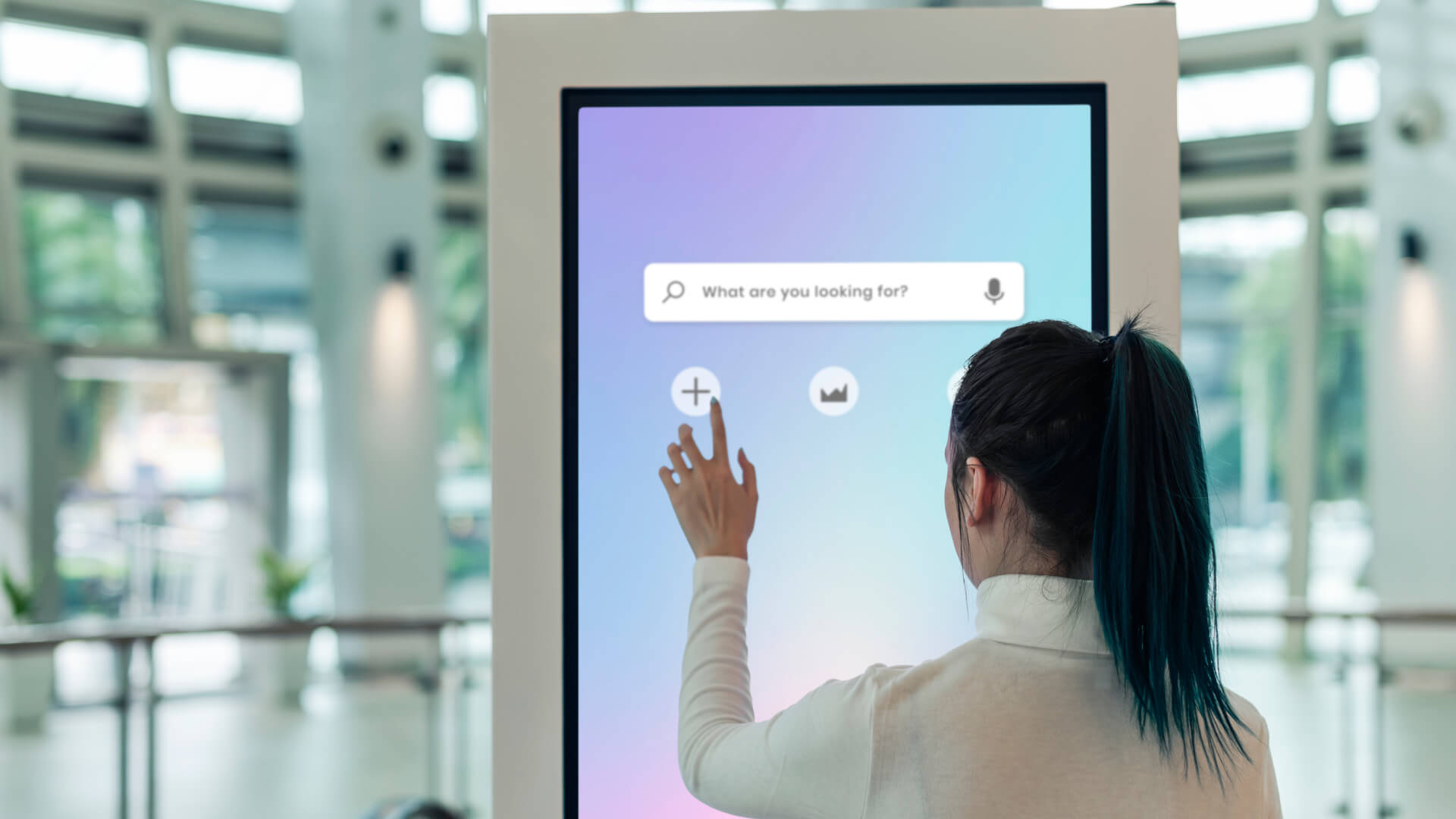
In the QSR industry, digital signage has become increasingly relevant due to its ability to enhance customer experience and operational efficiency. Here are a few ways digital signage can improve the QSr experience for customers:
QSRs need to rapidly adapt to changing customer preferences, and digital signage offers the flexibility to do so.
As QSRs embrace technology for better service, digital signage becomes a natural fit in this tech-forward approach.
Modern customers expect a digital, interactive, and engaging dining experience, which digital signage can provide.
QSRs can benefit from digital signage in various ways. Here are few upsides of digital signage for your QSR business:
Digital signage captures customer attention with vibrant, moving images and videos. Interactive displays can provide personalized experiences, such as menu suggestions or games while waiting.
Instantly update menus to showcase daily specials, out-of-stock items, or new additions. Seasonal or time-specific menu changes (like breakfast or dinner menus) can be automated, reducing staff workload.
Must read: Stunning menu board ideas that are set to change the dining landscape
Clear, visually detailed menus reduce misunderstandings and order errors. Integration with ordering systems can display order summaries for customer confirmation, further reducing mistakes.
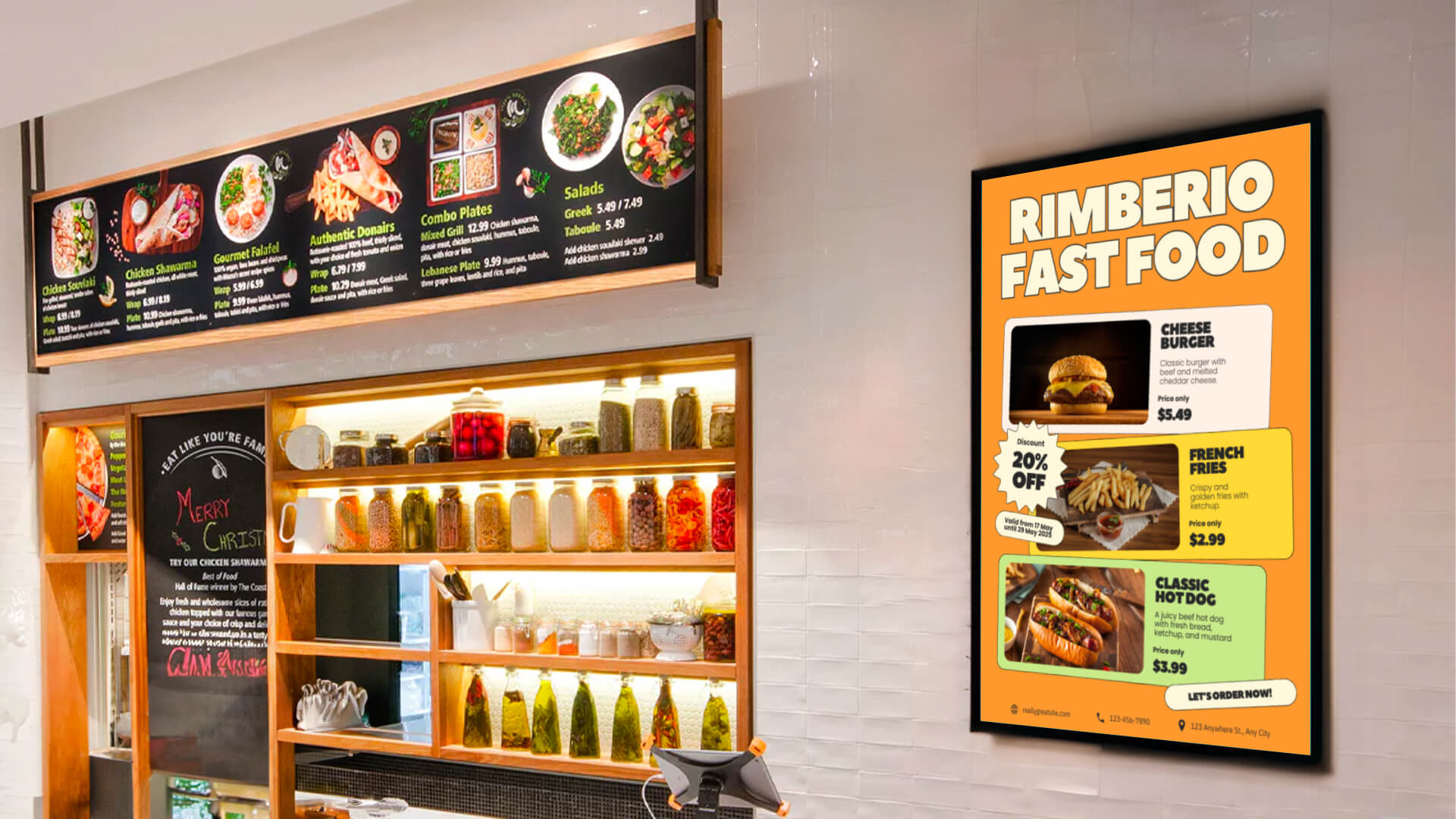
Strategically promote high-margin items, limited-time offers, or combo deals. Tailor promotions to specific times of the day or customer demographics, based on data analytics.
Display estimated wait times and order progress, reducing perceived waiting time. Use signage to direct flow or inform customers about self-service options, reducing queue lengths.
Check out: QSR digital signage case study on how brand Mad & Co grew its business with Pickcel
With convenience and speed being the cornerstone of a QSR experience, digital signage can help enhance it and move it to the next level. If you are in the QSR business, you should consider investing in digital signage. Here’s why:
While the initial investment may be higher, digital signage offers long-term savings by eliminating the need for printed materials. It also results in reduced labor costs for menu updates and promotions management.
Eye-catching displays and targeted promotions can encourage impulse purchases and upselling. Additionally, digital menu boards can adapt to highlight high-profit items at peak times.
Modern, digital displays convey a contemporary and tech-savvy brand image. Having a digital signage for your restaurant also helps in a consistent and professional presentation of the brand.
Instantly respond to changes such as price adjustments, sold-out items, or marketing opportunities. It also gives you the opportunity to tailor content as per current customer demographics in the restaurant, such as family-friendly in the daytime and more sophisticated at night.
Also read: Benefits of digital drive-thru menu boards for QSR businesses
As the QSR industry moves forward, it’s clear that those who invest in understanding their customers and leveraging digital technologies like digital signage will be well-positioned to lead in this competitive and ever-changing market.
The future of QSRs will undoubtedly be marked by a blend of innovative service strategies and cutting-edge technology, all aimed at delivering an exceptional dining experience.
If you are looking for an easy to use digital signage solution for your QSR business, our team at Pickcel is happy to help. Reach out to us today for a no-obligation consultation.

Dec 4 2024
7 min read
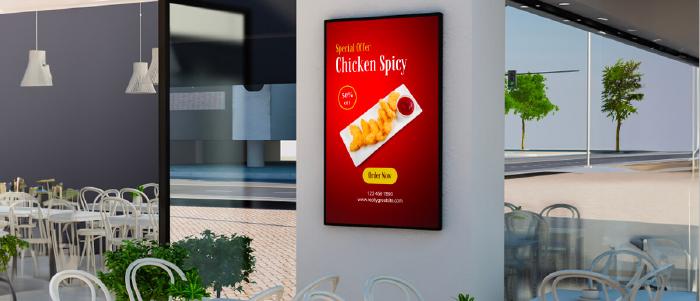
Nov 8 2024
6 min read
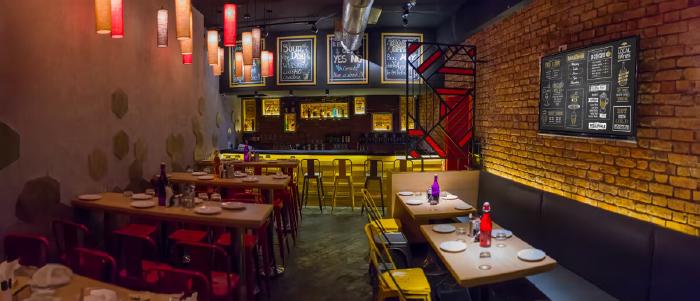
Oct 3 2024
8 min read
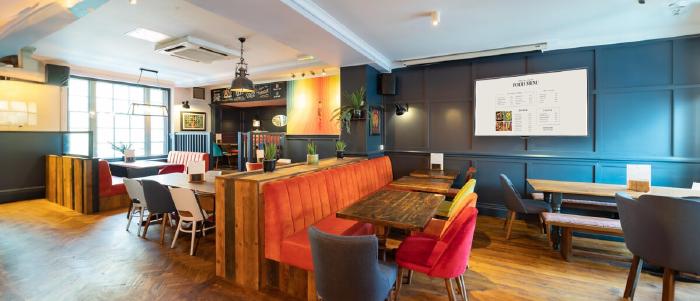
Sep 23 2024
5 min read
Take complete control of what you show on your digital signage & how you show it.
Start Free Trial Schedule My DemoWant a 46% Sales Boost? Learn How Second Cup Transformed Their Menu with Digital Signage
Unlock Exclusive Insights